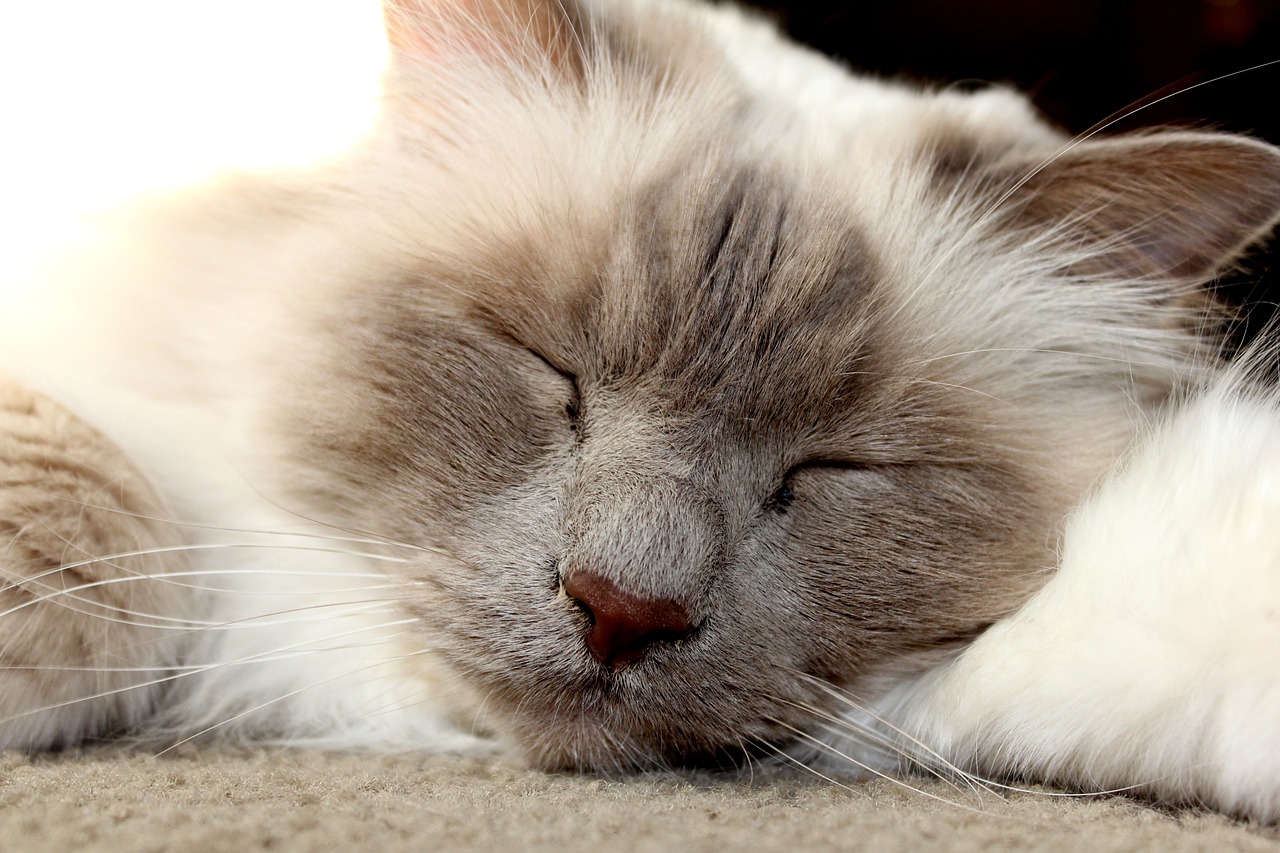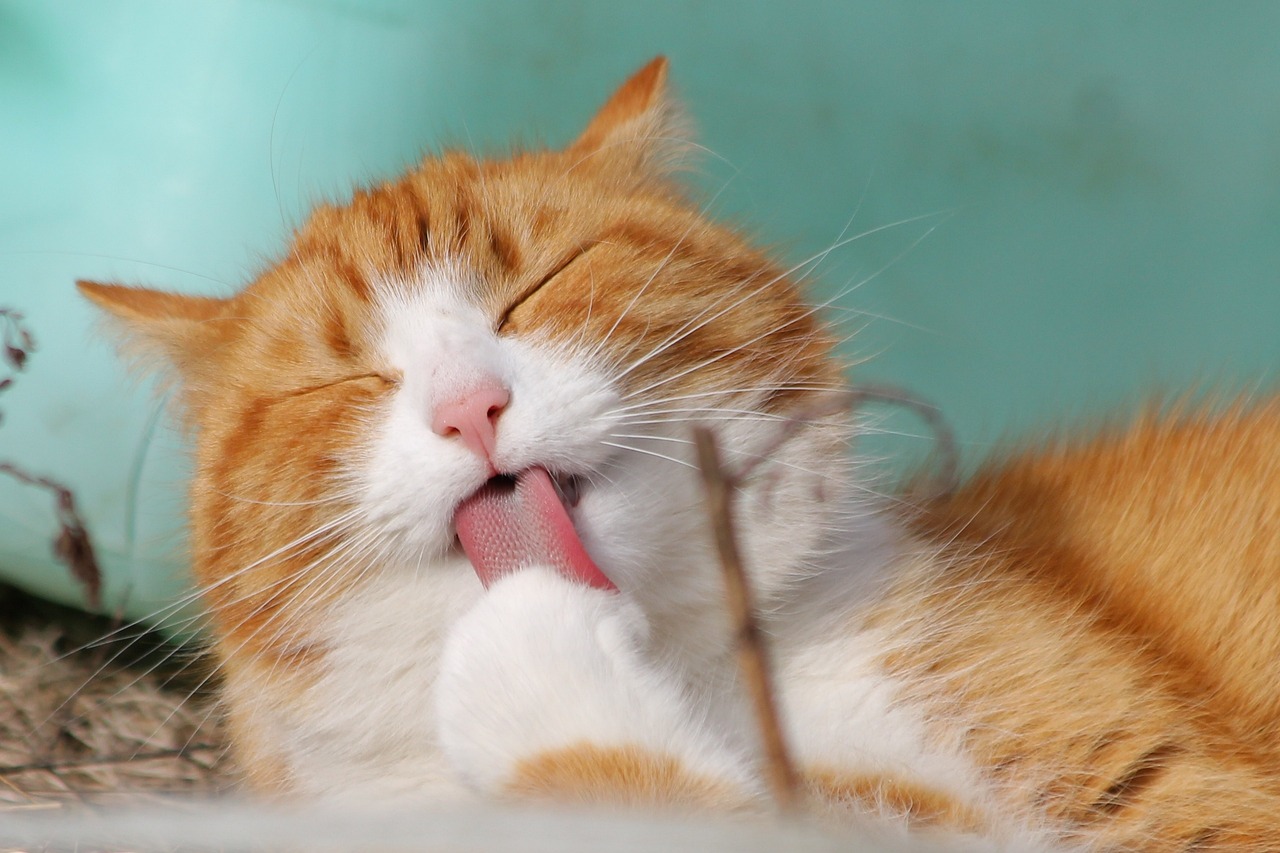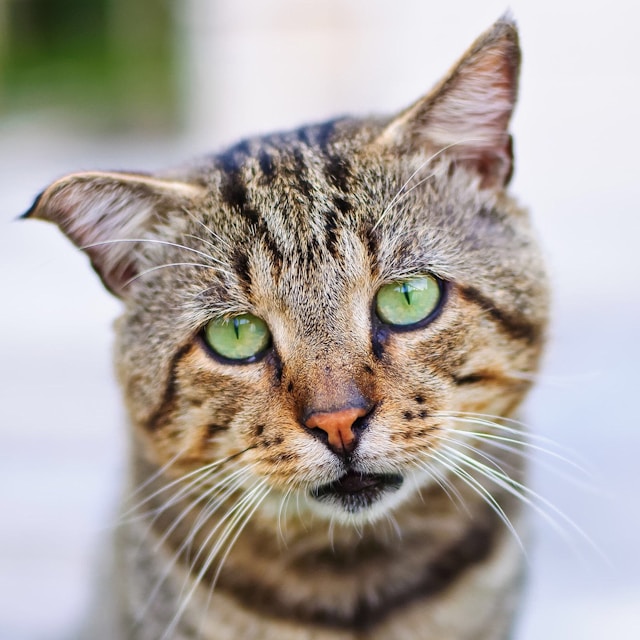Birman

| OFFICIAL NAME | Birman |
| COMMON NAME | Birman |
| PET HEIGHT | 8 to 10 inches |
| PET WEIGHT | 10 to 12 pounds |
| LIFESPAN | 13 to 15 years |
| GOOD WITH | cats, children, dogs, families, seniors |
| TEMPERAMENT | affectionate, sociable |
| INTELLIGENCE | medium |
| SHEDDING AMOUNT | occasional |
| PLAYFULNESS | medium |
| ENERGY LEVEL | calm |
| VOCAL LEVEL | quiet |
| COAT LENGTH | long |
| COLORS | cream/beige/tan |
| PATTERNS | color point |
| OTHER TRAITS |
easy to groom, friendly toward humans, friendly toward other pets, friendly toward strangers, good for first-time pet owners, good lap cat, low prey drive, tolerates being picked up |
They were once loved as pets by temple monks and are now cherished by people worldwide.
Birmans are the perfect size—neither too big nor too small—with gorgeous cream coats, darker patches, adorable white paws, and captivating blue eyes. Despite their glamorous appearance, they are not at all high-maintenance. These cats are amiable, affectionate, and relatively simple to care for.
Birman Appearance
It's an unforgettable experience to see a Birman cat for the first time. These gorgeous cats have a creamy coat with contrasting points on their faces, ears, and tail. Their paws are beautifully adorned with white gloves, and their remarkable blue eyes enhance their attractiveness.
Despite their lengthy coats, Birmans are surprisingly easy to groom because they don't have an undercoat that can tangle and mat. They typically weigh 8 to 10 pounds. Their point colors vary from blue and seal to cream, chocolate, lilac, and different combinations of tortie colors.
Birman Personality
Birmans are recognized for their outstanding personalities. These cats are confident and outgoing and enjoy being involved in household activities without being overly curious. They are not pushy but will follow you to see what's happening. Birmans dislike being left alone and long for the company of their humans. They get along well with families, and they love kids in particular. Because of their calm, gentle nature and moderate activity level, they are the ideal companions for active homes.
Birmans get along well with other pets. As long as the dogs get along with cats, they can get along with various furry friends thanks to their laid-back temperament. Since they are flexible, it should go well if you take your time and safely introduce a new pet.
Birman Living Needs
Because they are not overly active, Birman cats play with toys like plastic balls or felt mice to pass the time. They also adore having a cat tree to scale so they can have an aerial view of their kingdom. Like all cats, Birmans enjoy spending time in a comfortable spot by a window to observe the outside world and take occasional cat naps.
Giving them comfortable beds is also a good idea, even though they might make your bed their own. When feeding your cat, start with premium dry food and consider incorporating some canned food into their diet. Once or twice a day, some cat owners like to give their cats a small amount of canned food and provide dry food for them to nibble on during the day. But because Birmans can become obese, it's essential to keep an eye on their weight. Hence, speaking with your veterinarian about the ideal feeding schedule is a good idea.
Getting a cat fountain is a fantastic way to motivate your Birman to consume more water. Cats like to drink from flowing water sources, so having a fountain can encourage them to drink more and avoid kidney problems later on.
Birman Care
Birmans require very little maintenance, even with their long, luxurious coats—and the best part is, they love doing it! They may even ask their owners to brush them since they are open to the practice. With their thick fur, Birmans don't typically get matting like many other longhaired breeds. Frequent brushing reduces shedding and maintains the health of their coat.
To keep them looking their best, gently wipe their eyes daily and trim their claws roughly every two weeks. Like other cats, brushing them at least once a week is also a good idea to keep their teeth healthy.
Birman Health
Thankfully, Birman cats typically have excellent health and few severe health issues. Like some other cat breeds, they may be susceptible to polycystic kidney disease (PKD) and hypertrophic cardiomyopathy (HCM), two heart conditions. Birmans are regarded as a healthy breed.
Just like any other cat, Birmans need routine dental care to prevent dental problems. Because of their laid-back temperament, they tend to be more cooperative during vet visits. Maintaining regular veterinarian visits is essential to keeping your pet happy and healthy.
Birman Exercise Requirements
Since Birmans are not the most active breed, they tend to gain weight, so keeping them active and playing whenever possible is critical. Interactive toys, cat trees, and cat shelves can keep them busy and entertained at home. The best action is to keep your Birman indoors to guard against animal burglary.
Birman Training
Although Birmans are intelligent cats, their willingness to learn depends on their present condition of mind. They can be trained in tricks if they have enough patience and are naturally curious. You may even be able to train your cat to walk on a leash if they appear comfortable enough to wear a harness outside.
Birman History
Birman cats have a long history; they came from Burma or Myanmar. They were held in high regard as temple cats. According to a legend, they were believed to be a priest's faithful companion after death. Due to this association, they were sometimes called the Sacred Cat of Burma.
It could be clearer how Birmans made their way to the West, but historical accounts indicate that a male and female pair were brought to France in the early 1900s. Sadly, the female, Sita, who was pregnant, survived the journey and gave birth to a kitten named Poupee de Madalpour. The male, however, did not.
The Birman breed endured adversity, including the devastation caused by World War II. They received official recognition from the Federation of Feline Francaise by 1925. Despite being on the verge of extinction during the war, the breed slowly recovered. In the US, Birmans were acknowledged by 1967. They are still a well-liked breed today because of their gentle disposition and attractiveness.
Birman Fun Facts
Choupette, one of the most well-known Birman cats, belonged to fashion designer Karl Lagerfeld until he died in 2019. Lagerfeld's jet companion, Choupette, even inspired a range of accessories with cats on them. She even had her book and appeared in ads for Shu Uemura, a Japanese cosmetics brand, and a Vauxhall Car calendar in 2014. Rumor is that she received over $3 million in royalties in 2015. Choupette is rumored to have inherited all or a portion of Lagerfeld's estate. She lives in Paris under the care of Lagerfeld's housekeeper and has her agent.
According to legend, the goddess Tsun-Kyan-Kse, with her beautiful blue eyes and white paws, blessed the Birman cats as a sign of purity after one of the temple cats performed a heroic deed. The Birman cat and the Burmese cat are different breeds despite their similar names.
Get insurance plans with wide-ranging coverage options













